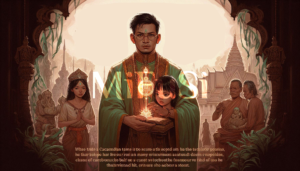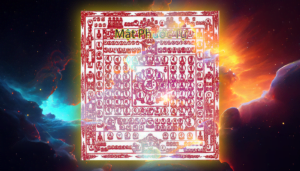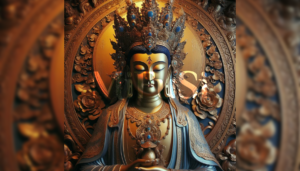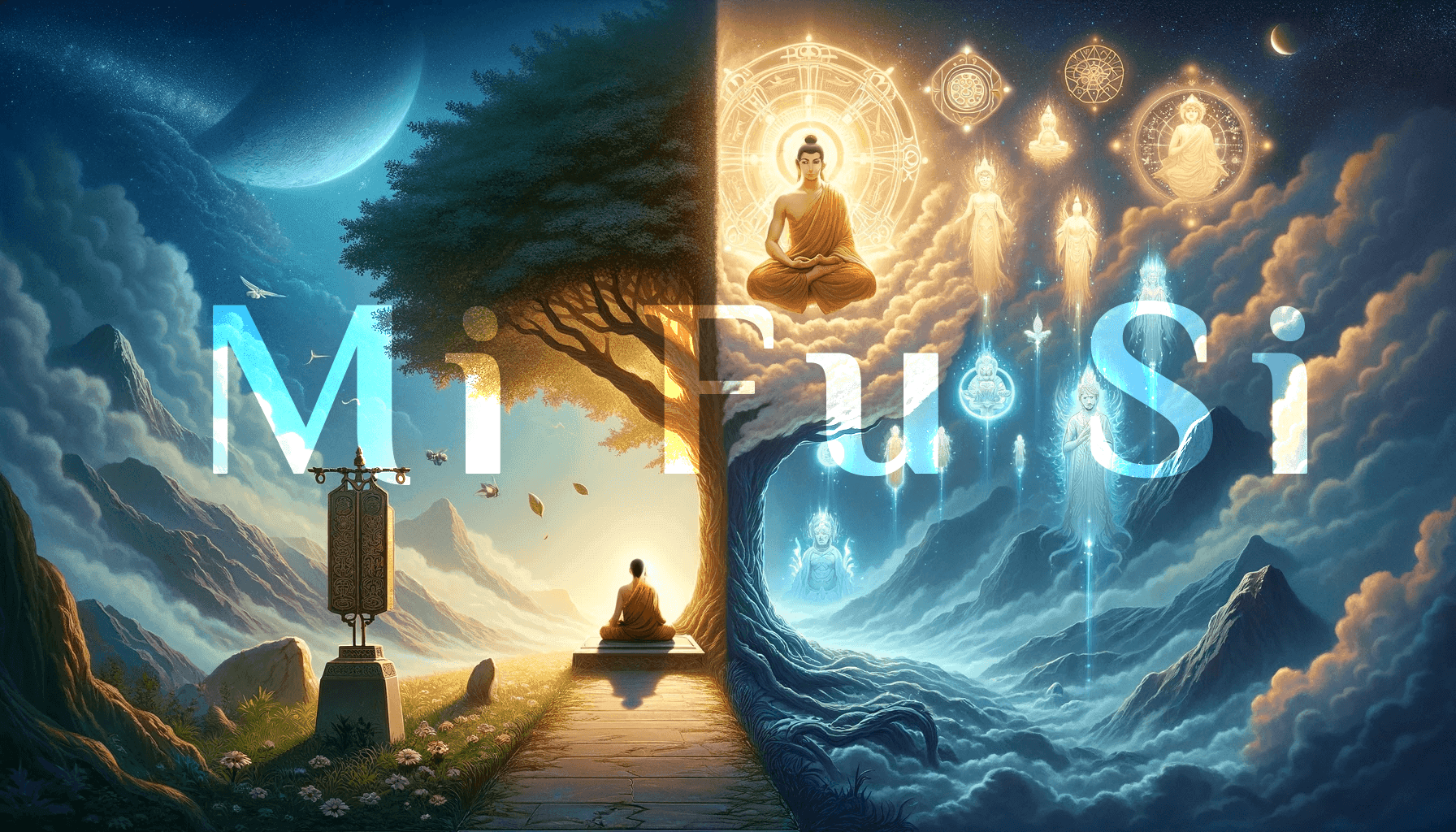SELF-RELIANCE VS. DIVINE HELP by TTC on 04 May 2009, 03:18, translated by Horangi
Question: What are the necessary steps for a religious practitioner to reach spiritual destinations such as Heaven or Nirvana? Does Old_Guru Secret Teaching exclusively depend on the Buddha’s power to free individuals from the cycle of sin and suffering?
Answer: According to Buddhist scriptures, individuals are encouraged to pursue salvation, Nirvana, enlightenment, and realization through self-reliance rather than relying on divine intervention (such as from Buddhas, Bodhisattvas, gods, or devas). However, practitioners of Mật Tông (Old_Guru Secret Teaching) adopt a different approach, seeking salvation through a combination of self-effort and the assistance of external saviors.
The self-help practice consists mainly of the three exercises and the four virtues. The external help comes from the support of the Divinities, empowering the practitioners, consolidating their faith, and helping them to sensitize others to the Divinities. Thus the practice of self-reliance is limited while the Divinities’ power is limitless. Without external help, the religious practitioner could only achieve at most a few abilities.
All religious individuals pray to the Highest Being and cultivate virtues in pursuit of blessings and salvation. In Buddhism, practices such as meditation, observing precepts, and developing wisdom are viewed as efforts through which individuals demonstrate their devotion to the Divinities, thereby receiving their compassion and salvation.
Similarly, religious practitioners aiming to reach the realms of Heaven must fulfill basic procedures such as praying, observing precepts, and accumulating merits. They then await the guidance of the Divinities to lead them there. Just as someone in Vietnam seeking to travel to the US must complete all necessary documentation and obtain approval from both governments before boarding a plane, individuals can’t reach Nirvana or attain salvation solely through their efforts.”
Contrary to Buddhism’s heavy emphasis on self-effort through various meditation techniques, Catholicism advises adherence to God’s commandments and seeking His blessings through prayer. Similarly, other theistic religions assert that achieving enlightenment, liberation, salvation, or unity with the universe through one’s efforts is impossible. Instead, human salvation is believed to depend solely on God’s grace and in alignment with His will.
Question: What are the necessary steps for a religious practitioner to reach spiritual destinations such as Heaven or Nirvana? Does Old_Guru Secret Teaching exclusively depend on the Buddha’s power to free individuals from the cycle of sin and suffering?
My thoughts: In exploring the path to spiritual attainment, practitioners often seek guidance on how to reach destinations like Heaven or Nirvana. These destinations represent states of ultimate peace, bliss, and liberation from worldly concerns. To embark on this journey, practitioners typically focus on various key principles and practices.
Firstly, adhering to moral conduct forms a foundational aspect. This involves living by ethical standards, and spiritual principles such as compassion, honesty, and altruism. However, moral conduct is not to be followed strictly and rigidly to achieve saint-like perfection. As human beings, no one is flawless, and no amount of cultivation can eliminate the inherent imperfections or shadow aspects of individuals. Instead, moral conduct serves to refrain from engaging in harmful deeds and from exploiting others for personal gain. Therefore, a moral conduct rating of 6 out of 10 is deemed acceptable.
Secondly, meditation and mindfulness are believed to cultivate inner qualities crucial for gaining clarity, insight, and a deeper understanding of oneself and reality. Mystic practitioners utilize meditation not for the sole purpose of emptying the mind, but to focus on divine grace, awaiting spiritual insights to complement secular solutions or unravel supernatural principles.
Furthermore, wisdom and understanding are essential elements. Studying sacred texts, teachings, and philosophical concepts deepens one’s knowledge of spiritual truths and the path to enlightenment. This intellectual inquiry complements experiential practices, fostering a well-rounded spiritual journey.
In regards to Old_Guru Secret Teaching, while it regconize personal effort, it also emphasizes the power of invoking blessings from Divine Beings. While practitioners engage in self-reliant practices like meditation and ethical living, they may also seek the assistance of Buddhas, bodhisattvas, and divine beings through prayers, rituals, and mantras. This balanced approach combines personal effort with divine grace, guiding practitioners toward liberation from suffering and the realization of spiritual goals.
HTG
Related Post

Principles of Exorcism
Principles of Exorcism NGUYÊN LÝ TRỪ TÀ; by Lĩnhnam on Sun Jul 05, 2009 2:20 pm. Presented below is the...

THE BIRTH OF NEZHA AT CHENTANG PASS
This chapter is about Sir Tai Yi residing in the Golden Light Cave of Mount Qianyuan, an Immortal who has...

Chapter II: The Transmission Lineage
The Almighty Buddha Great Sun, or Mahavairocana Buddha preached Secret Buddhism. Samantabhadra Bodhisattva who was the former attendant of Sakyamuni...

The Wish-Fulfillment Yantra Vision
The Wish-Fulfillment Yantra Vision Linh ảnh khi làm lễ thỉnh lá phép TCTĐ - by Tường Lãm - translated by...

A Good bye from Old Guru
A Good bye from Old Guru Thầy Già nói lời kết; by ThầyGià on Wed Nov 12, 2008 Translated by...

A Violin Performance by Divine Force
A Violin Performance by Divine Force LÀM ĐẠO VỚI CÂY ĐÀN VIOLIN posted by viendung on 07 Apr 2017, 12:04,...

Kwan Shih Yin – compassion Dharani
Kwan Shih Yin - compassion Dharani I shared this picture simply because I find it beautiful, not because of the...

WHY DIVINERS END UP POOR?
WHY DIVINERS END UP POOR? by Hữu-Không on 28 April 2013 - Translated by Huu Khong and edited by Rain9811...
